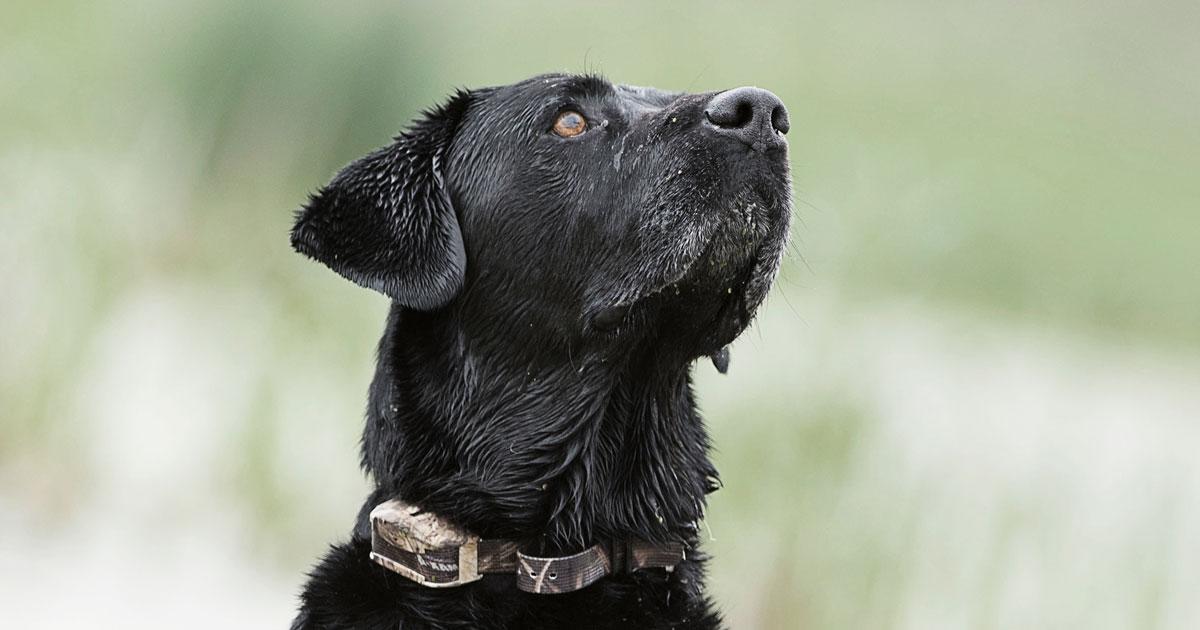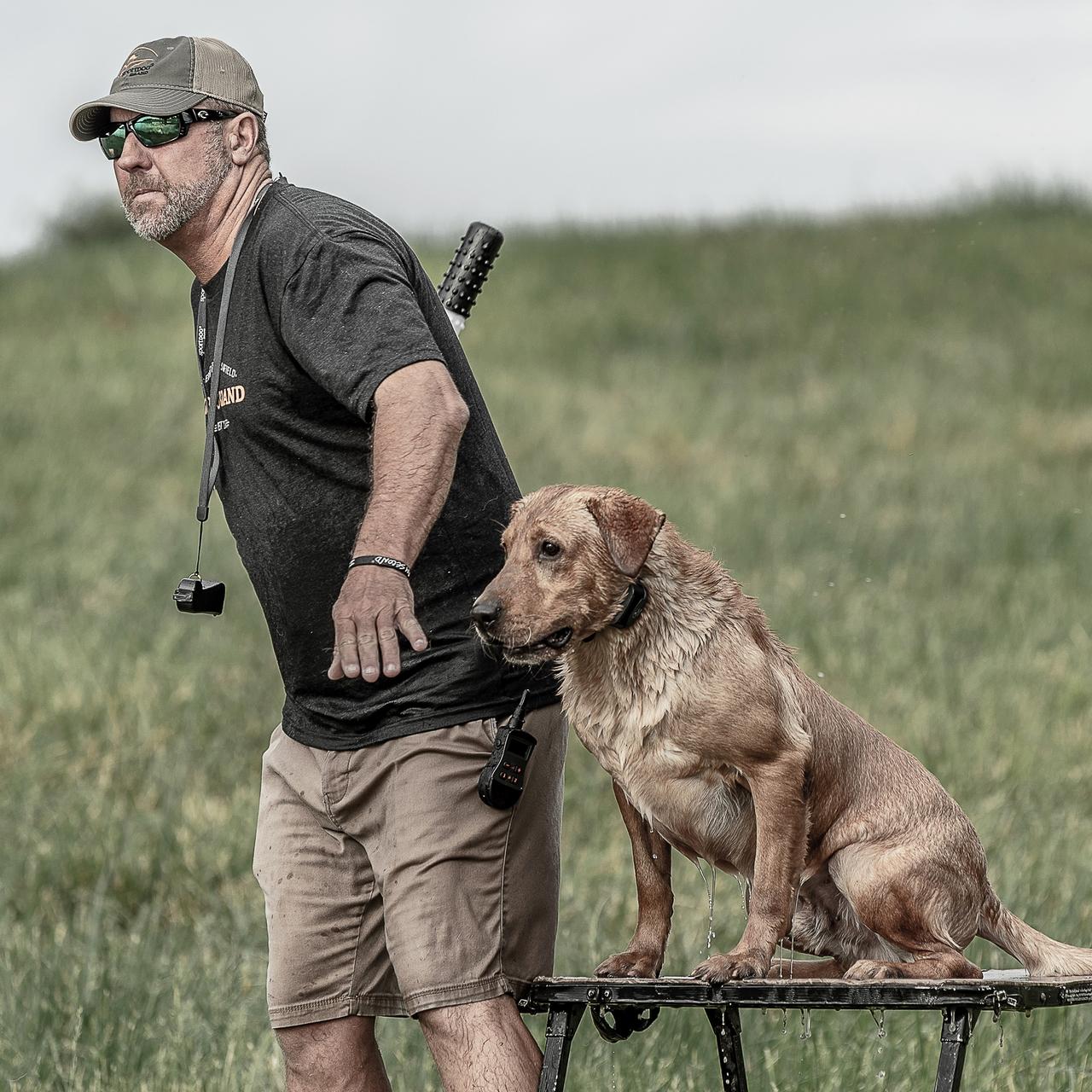
Early Goose Season Means Learning Opportunities for Retrievers
Posted by Chris AkinWith many states holding early Canada goose seasons, retriever owners have an excellent opportunity to introduce their young dogs to waterfowling, and for experienced dogs it’s a good time to provide a refresher course in hunting manners. Let’s talk about a few things you can do to make sure that the early season translates to a good learning experience for your dog.
I can tell you from experience that if there’s ever a time when your retriever will break (when a dog leaves the blind and takes off before you’ve released it) it’s going to be during goose hunting. A big reason for this is that the action in a goose hunt unfolds much more slowly than it typically does during a duck hunt. From the time you start calling to a distant flock to the time they’ve committed to dropping into your decoys could be three minutes, and maybe even longer. That is a LOT of time for your dog to get edgy as the excitement builds, and the temptation to break is going to be huge.
So, first, anticipate this issue and plan for it. Well before the season you should make sure your dog is acclimated to a ground blind. This is its field-hunting uniform. Your dog should understand that being in that blind means it’s game time, and that means paying attention and staying put. You’ll be way ahead if you run some drills and marks with your dog positioned in the blind. Opening day is NOT the time to introduce your retriever to a new piece of gear.
You might want to hedge your bet by using a ground stake to ensure that your dog can’t break. Alternately, you could let someone else do the shooting while you keep your dog on a lead. I highly recommend this for young dogs. It’s worth your time to leave the gun at home for the first couple hunts so you can focus on making sure your dog obeys and has a good experience.
Another thing you can do to take the edge off some of the excitement is to limit the number of gunners. Consider hunting with just one or two buddies so there isn’t so much gunfire and multiple birds raining down all at the same time.
There’s one more new learning experience for a retriever when it comes to goose hunting that you can easily deal with once the season is underway. This has to do with the fact that Canada geese are big birds, certainly bigger than anything else your dog has had to handle during training. Especially in the early season if you’re dealing with a local adult bird that’s been getting fat on rich golf course grass and snacks at the local park, that goose could weigh 12 pounds or more. That’s a whole lot of bird for a young dog to handle.
My suggestion is that after you’ve downed that first goose of the year, take a few minutes to do some training with it right there in the field. If your dog is a reliable retriever on bumpers, pigeons and ducks, then as soon as it figures out how to get a good grip and carry an oversized goose, that should take care of that new challenge.
Treat the early goose season as a learning opportunity for your retriever and you’ll have a great head start on preparation for the best part of the waterfowl seasons yet to come this fall.

Chris Akin
Jonesboro, AR
Chris has spent most of his life duck hunting or training in the field. Over the years, his program evolved into one of the most accomplished hunt test programs in the country. Webb Footed Kennels, Inc. has produced more than 350 Hunting Retriever Champions, 175 Master Hunters, and 35 Grand...
Related Products



